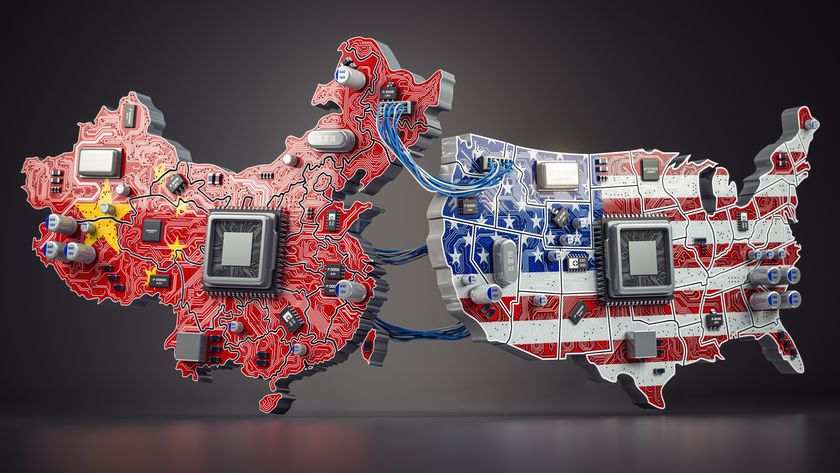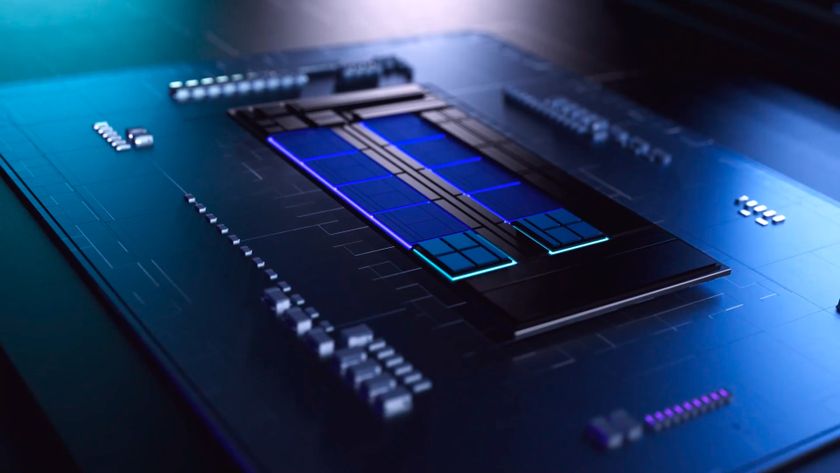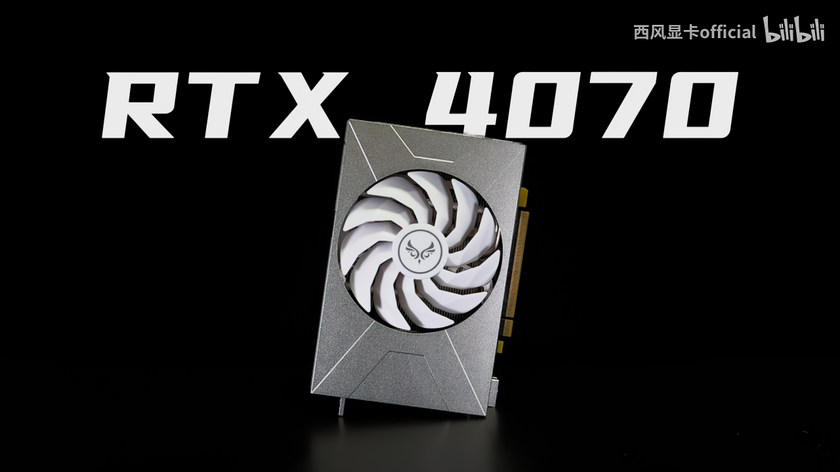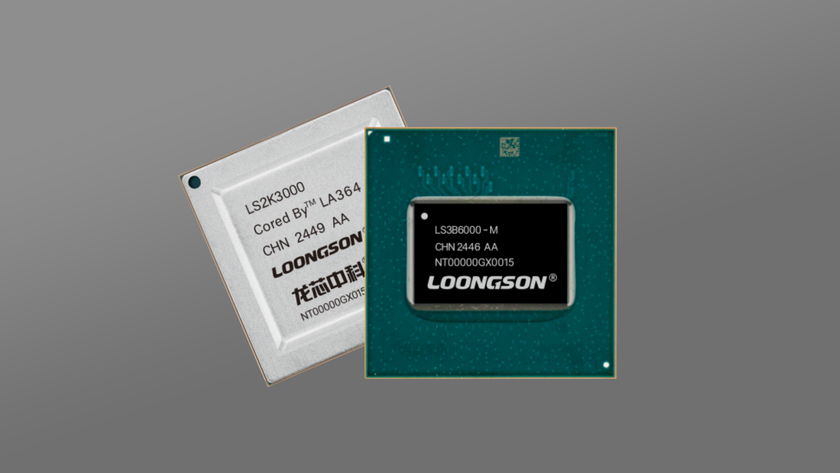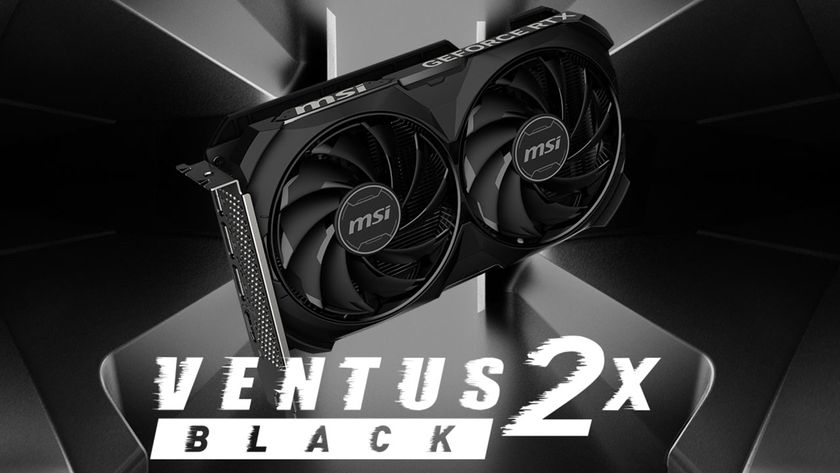Intel and TSMC agree to form chipmaking joint venture: Report
No smoke without fire?
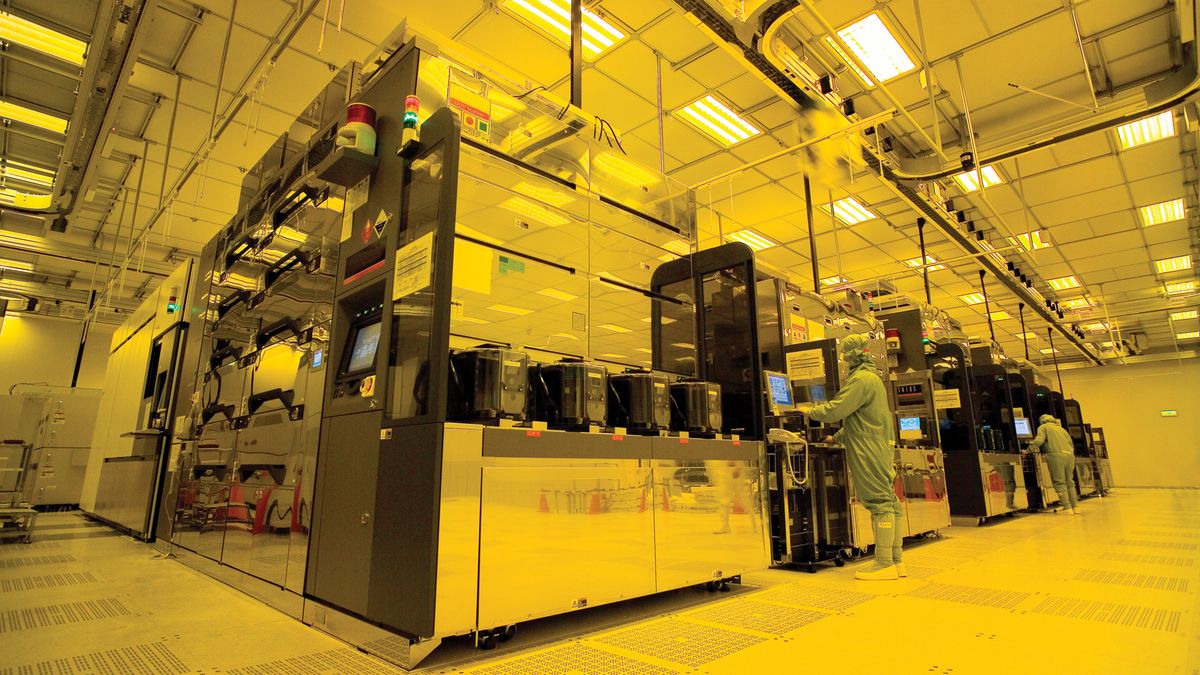
Did the semiconductor manufacturing world just shrink a nanometer or two? Intel and TSMC have reportedly reached a preliminary agreement to create a joint venture to operate Intel's fabs in the U.S.
The news comes from Reuters, which cites a report from The Information based on two sources familiar with the matter. Intel has not yet commented on the matter; Tom's Hardware has reached out to the companies for more information.
Under the terms of the agreement, TSMC is said to own 20% of the joint venture. It is unclear which companies will own the remaining 80%, but earlier this year TSMc reportedly approached multiple leading fabless chip designers headquartered in the U.S. — including AMD, Broadcom, Nvidia, and Qualcomm — about investing in the joint venture, which would own multiple fabs in America. Both Nvidia and a TSMC board member later denied the discussions.
This arrangement was reportedly influenced by the U.S. government, specifically the White House and Department of Commerce, as part of efforts to address ongoing operational difficulties at Intel.
U.S. authorities view the partnership as a means to stabilize Intel: The IDM 2.0 strategy has faced multiple challenges as the company has so far become a leader neither in products nor in semiconductor production technologies. At the same time, the current U.S. government will not support sales of Intel's fabs to a foreign investor, especially TSMC.
At this point it is unclear what exactly TSMC's involvement would be with Intel's American fabs — which cost tens of billions of dollars — many of which can only be used to make processors for Intel (including fabs capable of producing on Intel 3 and Intel 4 process technologies) and only one or two of which can make processors on Intel's 18A fabrication technology.
It is also unclear how TSMC's plans to own 20% of Intel Foundry aligns with its own plans to invest $165 million in its Arizona Fab 21 site to make chips for its partners, including Apple.
Stay On the Cutting Edge: Get the Tom's Hardware Newsletter
Get Tom's Hardware's best news and in-depth reviews, straight to your inbox.
The financial markets responded quickly to this news. Intel's stock price increased nearly 7% after the report surfaced, which helped the company to recover after a drop of market capitalization caused by the new import tariffs that will be implemented by the U.S. By contrast, shares of TSMC traded in the U.S. dropped by about 6%, highlighting differing investor reactions to the deal.
As both Intel and TSMC are in their quiet periods, they cannot make any comments regarding future plans or even factors that can impact them materially, but we have reached out for comment.

Anton Shilov is a contributing writer at Tom’s Hardware. Over the past couple of decades, he has covered everything from CPUs and GPUs to supercomputers and from modern process technologies and latest fab tools to high-tech industry trends.
-
Dustyboy1492 So TSMC gets 20% of the new venture with just people and IP, no cash? They could just run it into the ground, intentionally hamstring the new company, and then profit from the monopoly afterward. This just makes no sense on so many levels. Is TSMC going to get Intel IP? Will the new company stop doing R&D and just farm that out to TSMC, forever trailing in process development? This really sounds like a TSMC monopoly on all leading edge nodes.Reply -
Gururu This is better than the doomsday alternatives Intel was facing. My guess it will fall to 1 owner unless it does gangbusters.Reply -
rluker5 You know, that promised Chips Act funding would have been more helpful to support Intel's fabs with all of the money spent on building fabs to make chips in the US. Shame the US gov lost the money on the way to giving it to its intended recipients who may or may not have included that in their planning.Reply
Edit: Isn't Intel about to take the lead on process node this year and then widen the gap when they start using high NA? Especially for tariff avoiding local markets. I'm feeling pretty suspicious about how good this is for Intel. -
KennyRedSocks ReplyDustyboy1492 said:They could just run it into the ground
That'd be a bit hard to do with only a 20% stake. -
LibertyWell Almost all big corporations already own each other equalling a giant monolith: https://old.bitchute.com/video/EARLAOYg47YQReply
Letting them further merge together via moves like this is a bad ideal to put it mildly. Where's the FTC and the Sherman Antitrust Act? -
thestryker I've yet to see any argument behind this that makes any sense. I don't see how it benefits Intel let alone how it benefits TSMC.Reply
The last manufacturing joint venture Intel had was IMFT which existed only to share storage R&D and fab costs. The deal between Intel and UMC seems similar to this, but in that case UMC brings the commercial node experience and Intel brings the fabs. This type of partnership doesn't make sense at all for leading edge silicon fabrication because it would undermine the business model entirely.
If it's not this type of partnership then it makes literally no sense for TSMC. What interest would they have in running competing fabs?
The only thing Intel would get out of this is some cost savings and potentially more people who have experience with contract fabrication. This doesn't really sound like any sort of win and certainly doesn't help the company long term. -
phead128 I seriously doubt TSMC wants to touch Intel Foundry, which is deadweight, unless Trump admin is putting a gun to Taiwan's head and forcing it to.Reply -
bit_user Reply
What do you mean "lost the money"? Were any of the funds due for milestones that had been achieved not successfully delivered?rluker5 said:Shame the US gov lost the money on the way to giving it to its intended recipients who may or may not have included that in their planning.
And yes, for projects that had been greenlit, I'm sure those funds were included in the planning. -
bit_user Reply
TSMC is supposedly going to be the one running the plants, using their IP. So, it doesn't really matter that their ownership stake is only 20%. In fact, having a lower ownership stake means they have less to lose by it the Intel fabs not being very successful.KennyRedSocks said:That'd be a bit hard to do with only a 20% stake.
What I'd suspect is that TSMC will steer the Intel fabs towards less lucrative & cutting-edge nodes, while keeping the most desirable nodes for their own fabs.
TSMC gets more US-based production volume in a timeframe well in advance of when their new buildouts would come online.thestryker said:I've yet to see any argument behind this that makes any sense. I don't see how it benefits Intel let alone how it benefits TSMC.
As for Intel, well, it's not really about what's good for Intel, is it? I think the motive for pushing this scheme is just to ramp up US-based production volume more quickly, in order to feed the demand for AI silicon. I'm sure Intel is either being given an offer that's too tempting for its investors to refuse, or else perhaps the Defense Production Act will be invoked to eliminate Intel's agency in the decision. -
thestryker Reply
You're assuming the fabs are interchangeable which I highly doubt they are. While it might be faster than building from scratch it would hardly be fast.bit_user said:TSMC gets more US-based production volume in a timeframe well in advance of when their new buildouts would come online.
Intel loses all future CHIPs funding and likely would have billions clawed back. This scheme isn't going to be fast and it would be extremely stupid. None of what you said makes any logical sense, but I also wouldn't put it past the fools in charge.bit_user said:As for Intel, well, it's not really about what's good for Intel, is it? I think the motive for pushing this scheme is just to ramp up US-based production volume more quickly, in order to feed the demand for AI silicon. I'm sure Intel is either being given an offer that's too tempting for its investors to refuse, or else perhaps the Defense Production Act will be invoked to eliminate Intel's agency in the decision.
